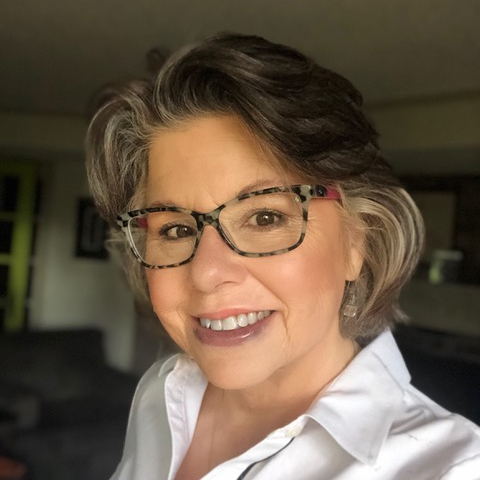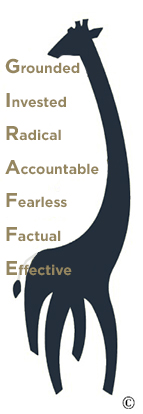Written by Peter Lewis, Owner at Lewis Career Services.

Photo credit: credit to Silodrome.com – ©2020
The International Coaching Federation estimates there are over 53,300 professional coaches around the world, many offering interview advice. (Global Coaching Study) If you cannot take the time or afford to hire a coach, I’d like to offer some interview coaching tips from my 20 years in the employment business.
Job interviews can be a stressful and uncomfortable process. COVID-19 has added additional stress to everyone.
Yet, it is critical that you bring your best to the interview to make a lasting positive impression and get offered the position you seek. Remember, it’s not about being perfect; it’s about understanding what you control and what you don’t. It’s a tough loss when you feel you nailed the interview(s) and still don’t get the job.
If you’ve done your best to control your responses, reactions, and emotions, think about what you don’t control.
Primarily
- the interviewer’s reactions,
- their interpretation of you,
- economic events affecting the economy at large or the company specifically,
- and your competition.
And you may never know why you didn’t get the job. What I continually encourage my clients to do is to remember what’s critical for their success, here are three issues to consider when you’re preparing for an interview.
Gardening
Harvey Mackay, an American businessman, author, and syndicated columnist, said, “Don’t water your weeds.” When you’re gardening, if you’re focused on the weeds, you’ll have trouble seeing the flowers.” Your weeds which you might consider your weaknesses may be getting more attention than your flowers, i.e., your strengths. I recommend that my clients focus on what they do well. Everyone has an area that is not perfect or needs to improve on, but if you keep focusing on those “weeds,” it’s like getting a bad song stuck in your head, and it’s an unnecessary distraction for you. Cultivate the strengths you have, water those flowers first so you can focus and talk about them in detail. Once you do that, there will be little room in the garden for those weeds to even get a foothold.
Negative Nouns
Try to avoid the negative when talking about your past. Resist saying anything negative about a person, place, or thing. A person could be a former boss, manager, team member, or client. Don’t bash a past workplace; you never know whom they know or whose spouse or friend on the interviewing team might work there. Stay away from criticizing a thing or software tool that you have used in the past which they might be considering switching to next. Don’t make line in the sand statements such as, “I hate Microsoft”; “PowerPoint is not a communication tool”; “I will never use a Mac again”; “Merlot should not be consumed, ever.”; “I hate writing SQL queries.”
Consider if a personal opinion will hinder or help you during the interview process. Many things, as illustrated above, may be accurate, but shouldn’t be said. If you wonder if you should say something, you probably shouldn’t! Answering standard, tough questions
Very typical questions that get asked during interviews may include, “How did you deal with a difficult team member or a difficult project? Did you ever miss a deadline, and how did you deal with that?”
Here is where you can be honest about past mistakes or situations and use them for good! Hiring managers want to know how you solved a problem, the steps you took to get there and turn a loss into a lesson. The theme here is to be positive in the face of these issues or problems and how you were able to move things forward.
Make it about them
People, including interviewers, don’t care how much you know until they know how much you care. The most effective questions to ask or a variant of them are
- “What is your biggest pain point right now that I could help fix or solve?”
- “What could I do in the first 30, 60, or 90 days to get things moving for you?”
These types of open-ended questions require them to reflect and talk personally about the position. It’s also the most personal yet professional way to enable the conversation to be authentic.
It lets them know you care about the problem they need to be fixed. It also serves as a proper segue way allowing you to relate a story of your experience from a past employer or client.
A personal caution:
Don’t ask how you did at the end of the interview. I believe a blunt inquiry from an interviewee puts the interviewer on their heels and forces an answer to a question they are not ready to give. Don’t make the interviewer uncomfortable because if that’s the last impression you leave with them, it won’t serve you and will undo all the goodwill you created during the interview.
Final thought:
I leave you with the words of Douglas Adams Author of Hitchhikers Guide to the Galaxy. “Don’t Panic” Looking for a job and interviewing is hard and you just can’t expect to be perfect. Be okay with your best and what you have to offer, they are lucky to get you and you have a background that is relevant and all your own. Talk with them about it and get them excited about you. You can do this!

Written by Peter Lewis, Owner at LCS Lewis Career Services
Connect with Peter here: https://www.linkedin.com/in/peter-lewis-5437a663/
Tags: COVID-19, Covid19, Douglas Adams, Hitchhikers Guide to the Galaxy, interviews, job, overwhelm, people, Peter Lewis, questions, tips






